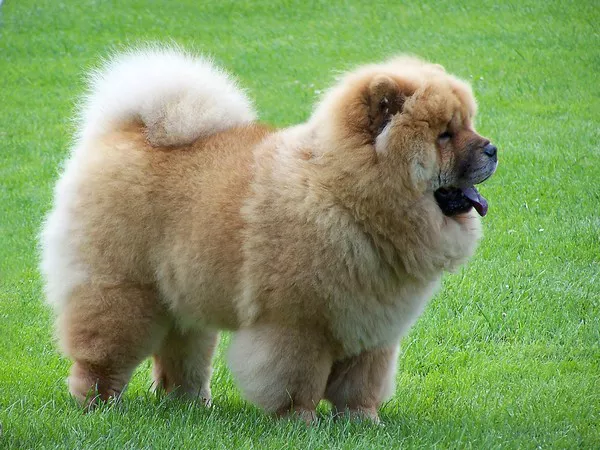Chow Chows are known for their unique appearance and independent nature, but they can also exhibit challenging behaviors, such as biting. Biting behavior in Chow Chows can be concerning and potentially dangerous, especially if not addressed early on. In this comprehensive guide, we will explore effective techniques and strategies to train your Chow Chow not to bite. By understanding the reasons behind biting behavior and implementing appropriate training methods, you can create a harmonious and safe environment for both your dog and your family.
Understanding Biting Behavior in Chow Chows
Before delving into the training techniques, it’s essential to understand the underlying reasons behind biting behavior in Chow Chows. Biting can stem from various factors, including:
Territorial Instincts: Chow Chows are naturally territorial dogs, and biting may be a way for them to protect their perceived space.
Fear and Anxiety: Biting can occur when a Chow Chow feels threatened or anxious, leading them to defend themselves through aggression.
Lack of Socialization: Insufficient exposure to various people, animals, and environments during their critical socialization period can contribute to fear-based biting.
Pain or Discomfort: Dogs may resort to biting when they are in pain or discomfort, as a means of communication.
Dominance and Hierarchy: Chow Chows, with their strong-willed nature, might engage in biting behavior to establish dominance or maintain their position within the family.
The Importance of Early Training
Early intervention is crucial when addressing biting behavior in Chow Chows. Puppies should be exposed to positive interactions, socialization, and basic obedience training from a young age. This foundation lays the groundwork for a well-behaved and non-aggressive adult Chow Chow.
Training Techniques to Prevent Biting
Positive Reinforcement: Utilize positive reinforcement techniques to reward desired behaviors and discourage biting. Treats, praise, and toys can be powerful motivators.
Bite Inhibition Training: Teach your Chow Chow to control the force of their bite through gentle feedback. When they bite too hard, let out a high-pitched yelp and withdraw attention. This mimics how puppies learn bite inhibition from their littermates.
Socialization: Gradually expose your Chow Chow to a variety of people, dogs, and situations. This helps them develop confidence and reduces fear-based aggression.
Basic Obedience Commands: Teaching essential commands like “sit,” “stay,” “come,” and “leave it” establishes your role as the leader and gives you control in potentially tense situations.
Desensitization: If your Chow Chow displays fear-based biting, create positive associations with triggers like grooming tools or strangers by pairing them with treats or playtime.
Professional Training: Enlist the help of a professional dog trainer, especially if your Chow Chow’s biting behavior is persistent or escalating. A skilled trainer can tailor a training plan to address your dog’s specific needs.
Creating a Safe Environment
A safe environment is paramount when training your Chow Chow not to bite. Consider the following steps:
Supervision: Always supervise interactions between your Chow Chow and other pets or children. This allows you to intervene if necessary and prevents potentially dangerous situations.
Secure Space: Provide a designated and secure space where your Chow Chow can retreat to when they feel overwhelmed or anxious.
Avoid Triggers: Identify and minimize triggers that lead to biting behavior. If your Chow Chow dislikes certain handling, such as grooming, introduce it gradually and positively.
Consistency and Patience
Training a Chow Chow not to bite requires consistency and patience. Behavioral changes take time, and setbacks may occur. Stay committed to the training methods and seek professional guidance if needed.
Conclusion
Addressing biting behavior in Chow Chows is a crucial responsibility for dog owners. By understanding the root causes of biting and implementing effective training techniques, you can help your Chow Chow become a well-behaved and sociable companion. Early intervention, positive reinforcement, and creating a safe environment are key factors in preventing biting behavior. Remember, professional assistance is available if you encounter challenges along the way. With dedication and proper training, you can foster a harmonious relationship with your Chow Chow built on trust and respect.


